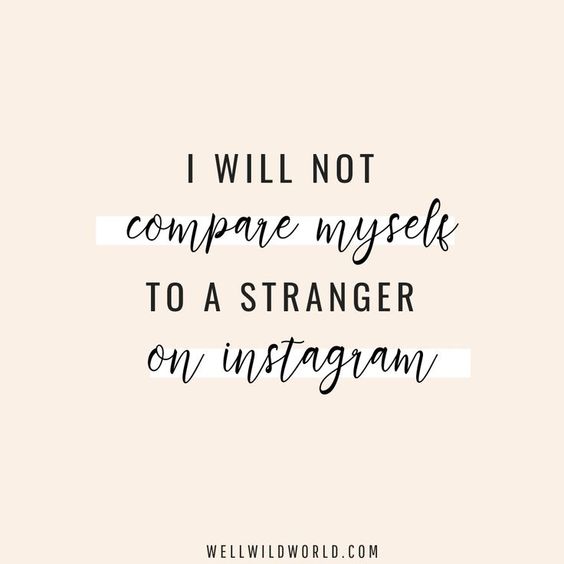
Should You Go On a Social Media Diet?
Did you know that your social media use could be negatively impacting your sleep, self-esteem or productivity? We all do it: Scroll through social media when we’re bored, lonely or trying to avoid eye contact around big crowds. Although social media has its perks, it can also negatively impact our lives. According to study done by Journal of Social and Clinical Psychology, limiting social media use to only 30 minutes per day significantly reduces feelings of loneliness, depression, anxiety and fear of missing out (FOMO). Here are a few signs that show it may be time for a quick detox.
Feeling bad for your body.
Do you obsess about your weight, makeup and clothes or find yourself wishing for a different body? Studies show that more time spent on social media related to more frequent body and weight comparisons, more attention to physical appearance of others and more negative feelings about their bodies for female students at U.S. colleges.
Envying the “perfect” lives of others.
It’s easy to imagine that the perfect life exists when pouring over photos of an Instagram influencer with the perfect bod, dressed in designer clothing, and endless access to every island around the world. Envy can be looked at as a positive emotion when it encourages to go after things you want to achieve, but it can be harmful when resenting another person’s success or when dwelling on the things you don’t have.
Feeling consistently stressed or helpless after reading bad news.
Being informed about world events is great, however, that doesn’t mean you should click on every social media link you can find about the latest particular topic. A study in the U.S. found that 95 percent of adults follow the news regularly and 56 percent say that doing so causes them significant stress. If you’re starting to feel that reading about negative world events seriously having an impact on your mental health, then it’s time to give social media a break.
Don’t seem to have enough hours in the day.
Have you ever wondered how many hours per day you spend staring at your phone? All you need to do is go to record screen time in Settings, and with just a click of a button you can discover exactly how many hours you spend one each of your apps. If the number is high, you may want to cut back on your phone habits, so you can get back to being productive. Opt for reading a book instead.
Spending more time on your phone than having face-to-face interactions.
Many people turn to their phones to reduce loneliness; however, social media can have the opposite of its intended effect. Young adults with high social media use actually feel more socially isolated than their counterparts with lower use. It’s unfortunate that real-life interactions are on the outs as cell phone conversations, texting, instant messaging and Facebook email start to take up more of our time.
Your screen time is impacting your sleep.
Those with higher social media use have greater odds of also experiencing sleep disturbances. Social media may be the reason you’re not getting good quality sleep – whether it’s because your checking your phone right before going to sleep or waking up in the middle of the night and checking for notifications. So, if you wake up feeling tired, it may be a sign that you need a social media detox.







